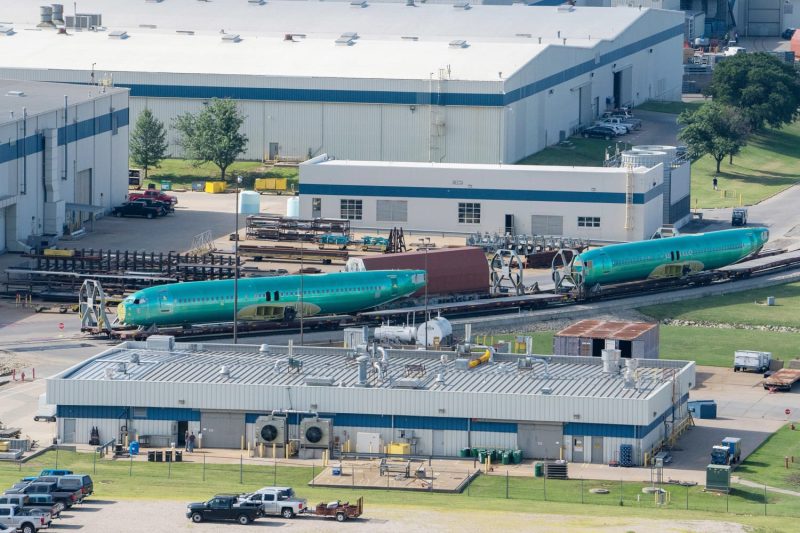Spirit AeroSystems to Furlough 700 Workers as Boeing Machinist Strike Continues: Details and Implications
As the Boeing machinist strike persists, its ripple effects are now being felt by Spirit AeroSystems, an integral supplier for Boeing. The aerospace company recently announced plans to furlough 700 workers due to the ongoing labor dispute affecting its production lines. This decision raises concerns not just within Spirit AeroSystems but also across the broader aerospace industry. Here, we delve into the details of this development and explore its implications.
Reasons for Furloughs
The furlough of 700 workers at Spirit AeroSystems is a consequence of the prolonged Boeing machinist strike that has disrupted the supply chain and production schedules of both companies. With Boeing being one of Spirit AeroSystems’ key clients, any disruption in Boeing’s operations directly impacts Spirit AeroSystems’ manufacturing activities. The furlough is a strategic move aimed at aligning the workforce with the reduced demand resulting from the strike.
Impact on Workers
The furlough of 700 workers will undoubtedly have a significant impact on the affected employees and their families. Job uncertainty, loss of income, and financial strain are some of the immediate challenges these workers will face. Additionally, the emotional toll of being temporarily laid off can be substantial, leading to stress and anxiety among the workforce. It is crucial for both Spirit AeroSystems and Boeing to address the well-being of these employees during this challenging period.
Supply Chain Disruptions
The furlough of 700 workers at Spirit AeroSystems highlights the interconnected nature of the aerospace industry supply chain. Any disruption at one key player, such as Boeing or Spirit AeroSystems, can have cascading effects on various suppliers and subcontractors down the line. The ongoing machinist strike at Boeing serves as a stark reminder of the vulnerability of the industry to labor disputes and their potential impact on production continuity.
Implications for the Aerospace Industry
The furlough of 700 workers at Spirit AeroSystems serves as a wake-up call for the aerospace industry to reassess its reliance on just-in-time manufacturing practices and single-source suppliers. The current situation underscores the importance of diversifying supply chains, mitigating risks, and building resilience to withstand unforeseen disruptions. Industry players may need to explore alternative strategies to ensure operational continuity in the face of labor disputes, geopolitical challenges, or other unforeseen events.
Looking Ahead
As the Boeing machinist strike continues and the furlough of 700 workers takes effect at Spirit AeroSystems, the aerospace industry remains at a critical juncture. Collaboration between companies, stakeholders, and labor unions will be essential to navigate through this challenging period and emerge stronger on the other side. It is imperative for the industry to learn from the current situation, adapt to changing dynamics, and build a more robust and sustainable ecosystem for the future.
In conclusion, the furlough of 700 workers at Spirit AeroSystems due to the ongoing Boeing machinist strike underscores the fragility of the aerospace industry supply chain and the need for proactive measures to mitigate risks. This development serves as a reminder of the interconnected nature of the industry and the importance of building resilience in the face of unforeseen challenges. By learning from the current situation and working together, the aerospace industry can overcome the present turmoil and emerge more resilient and adaptable in the future.




























